THE past year has been nothing short of terrifying for Tameka Ridgeway, who has been “waiting for an explosion to go off”.
As the victim of one of Tasmania’s worst criminals, she’s been living in fear, worried he may strike again since he was released from Risdon Prison in January 2021.
Every day, Ms Ridgeway fears she will run into Jamie John Curtis, who murdered her fiance Dean Allie and brutally, repeatedly raped her over a torturous 12-hour rampage in 1986.
She’s considered leaving Tasmania – because she’ll never feel safe while she lives on the island and Curtis is a free man.
And she’s not alone.
In 2021, nine killers were released on parole in Tasmania, with a further two on convictions of accessory after the fact to murder.
Their release back into society has left a trail of fear in their wake, with victims and their families fighting for mandatory life sentences in certain cases.
But it’s a battle that is met with political opposition and fierce resistance from prisoner advocates, who term such punishment “an effective death penalty”.
Free men again
According to published decisions of the Parole Board of Tasmania, eight men convicted of murder and one convicted of manslaughter were released on parole during 2021.
In 2020, three men convicted of manslaughter were released.
In 2019, eight men convicted of murder were released, along with one convicted of manslaughter.
No women incarcerated for homicides were released in the same period.
Changes to the dangerous criminals legislation were rushed through parliament to provide a mechanism allowing for Jamie John Curtis to be permanently jailed.
However, Curtis’ non-parole period lapsed before the Bill could be proclaimed.
“It’s in his DNA”
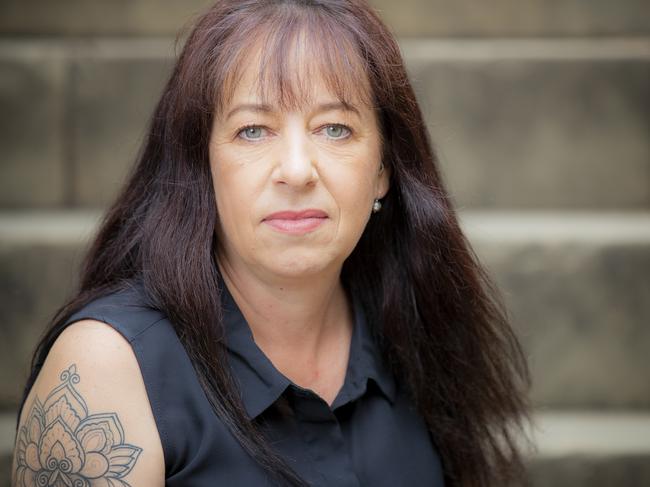
Rape survivor Tameka Ridgeway said she’s been waiting “for an explosion to go off” since her attacker, murderer Jamie John Curtis, was paroled more than a year ago.
She said while Curtis was locked up – for some three decades – she was able to go about her life, but now live with constant anxiety.
“He’s out there in the community so there’s always this risk that you’ll run into him,” she said.
“Not just myself, but Dean’s family, everyone’s on edge now and just waiting for something to happen.”
She said the first time Curtis was granted parole, “it didn’t take him too long before he reoffended”.
“He’s been out on parole now for over 12 months. As time goes on, it makes you more anxious, when’s it going to happen?” she said.
“You’re just sitting on edge, waiting for an explosion to go off.”
Ms Ridgeway said the Parole Board of Tasmania’s decisions seemed to allow criminals to “treat the prison system as a revolving door”.
“He (Curtis) is a risk to the public for the rest of his life and the Parole Board seems to ignore that,” she said.
“He’s got no regard for the law.
“It’s in his DNA, he’s not going to change.
“The Parole Board needs more restrictions, they need more guidelines in the criteria that offenders need to meet before they can be released.”
Ms Ridgeway also said she’d had next to no support since Curtis had been paroled last year.
“I got an email saying he’d been granted parole, and that was it. Victims get nothing.”
Survivors and families in a “living hell”
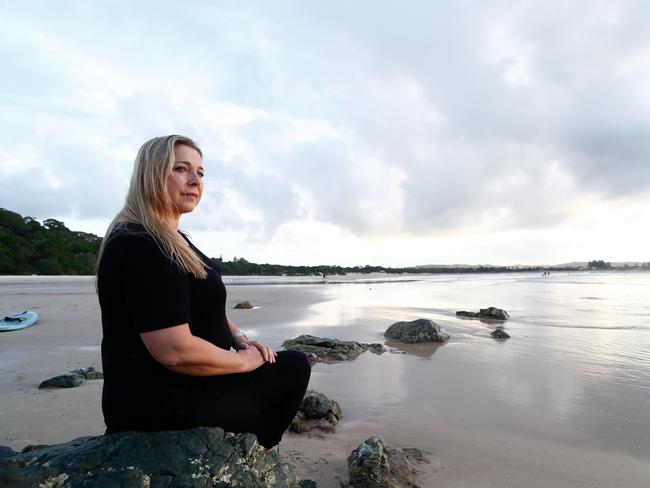
Eileen Culleton – the sister of Anne-Marie Culleton, who was raped and murdered in Darwin during 1988 – says legislation must be strengthened to better protect victims and survivors.
Spearheading a national campaign calling for mandatory life sentences for those who commit sexually-motivated murders, Ms Culleton says she understands the trauma for survivors and families when killers are paroled.
“It’s an absolute trauma. It’s like your loved one has been murdered again,” she said.
“And yet it’s worse because instead of the murderer going to prison, they’re out in the community. You immediately get this sense of intense fear that they’re going to strike again and it’s horrific.”
Ms Culleton said she’d finally overcome her post traumatic stress disorder arising from her sister’s death when it “all came flooding back” upon news Bakewell had been paroled.
“It derailed my life completely,” she said.
“It is a living hell.”
She said men who committed these kinds of crime were beyond reform – and that governments needed to better listen to victims.
“We need to hang on to every word of these victim-survivors,” she said.
“When they say these men are evil, they’re experienced the brutality, the degradation, the cruelty, and they’ve miraculously survived.”
Life without parole “an effective death penalty”

Not everyone agrees with the concept of life without parole.
Greg Barns SC, chair of the Tasmanian Prisoners Legal Service, said the organisation was “resolutely opposed” to life imprisonment with no parole “to all but the most extreme cases”.
“This is rightly called an effective death penalty,” he said.
Instead, he said “returning citizens” needed better support on their return to life outside prison.
“It’s understandable that some victims’ families have a particular perspective on this issue, and it’s a legitimate perspective, but we meet that perspective in the community by virtue of the fact that restrictions on parole mean there can be no contact with the victim’s family, or in many cases there are geographic restrictions that prevent the returning citizen from entering the location where the victim or the victim’s family might be living,” he said.
Mr Barns said there was no evidence that life without parole had any deterrent effect in reducing very serious crimes.
He also said it was not true some prisoners were beyond reform.
“That’s an emotive statement not based on fact. People change,” he said.
“I’m not a believer and the courts rightly are very cautious in saying someone is not capable of reform.
“The more you support a person, the less likely they are to reoffend.
“There are, in very, very rare cases, people from whom the community needs to be protected and there are very, very few people of whom it could be said prospects of rehabilitation are dim.”
Attorney-General Elise Archer said the government had taken legislative action to reduce the likelihood of anyone reoffending, such as powers for the Parole Board to impose electronic monitoring as a condition and changes to the dangerous criminals legislation.
“This is a significant step in protecting Tasmanians, but if stronger action is required, we will take advice, including from victim-survivors, and consider it,” Ms Archer said.
“It should be noted that we have attempted to pass mandatory sentencing laws in the past, only to be blocked by Labor at every turn.”
A Department of Justice spokesperson said parolees were supervised on their released back into the community, with programs, therapy, education and counselling – as well as random drug and alcohol tests.
They said victims could provide statements to the Parole Board, make requests for special conditions such as exclusion zones, and were supported by the department-run Eligible Persons Register, which could provide information about an offender’s location and progress in the prison system.
Jamie John Curtis
Committed murder in 1986
Paroled in January 2021
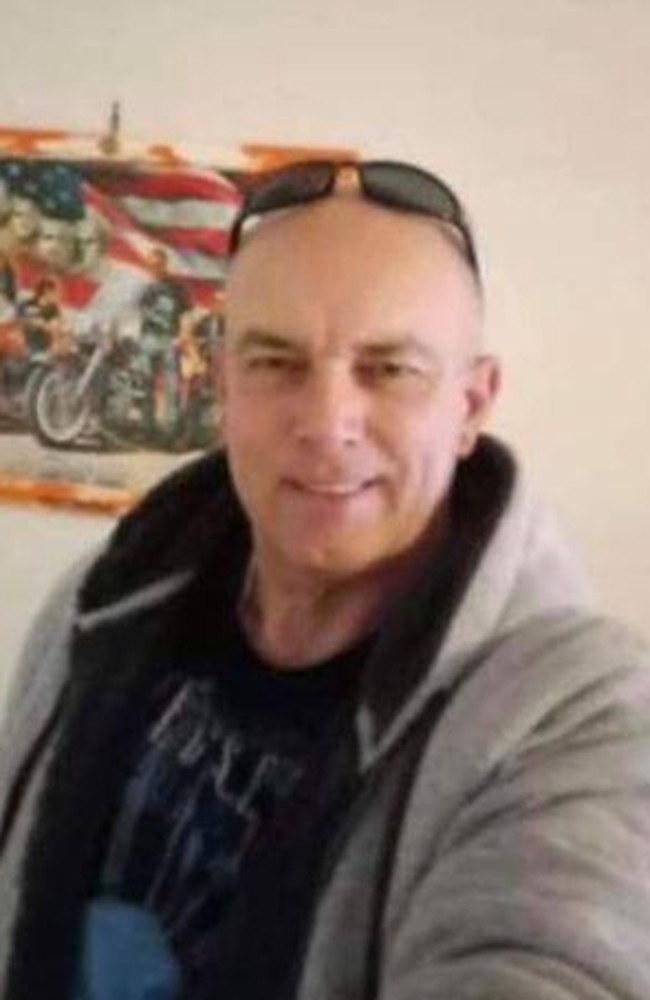
The notorious murderer and rapist spent more than 30 years in jail for his horrific 12-hour rampage in 1986, in which he stabbed 22-year-old Glenorchy man Dean Allie to death and brutally, repeatedly raped his fiancee Tameka Ridgeway.
Curtis was released from Risdon Prison on parole in January last year, with expectations he would return to the same company he worked at when he was last paroled in 2018 before breaching his conditions.
The Parole Board of Tasmania said Curtis, now in his mid-60s, would be subject to parole conditions – with an electronic ankle bracelet – for the rest of his life.
Garry Thomas Petersen
Committed murder in 2010
Paroled in March 2021
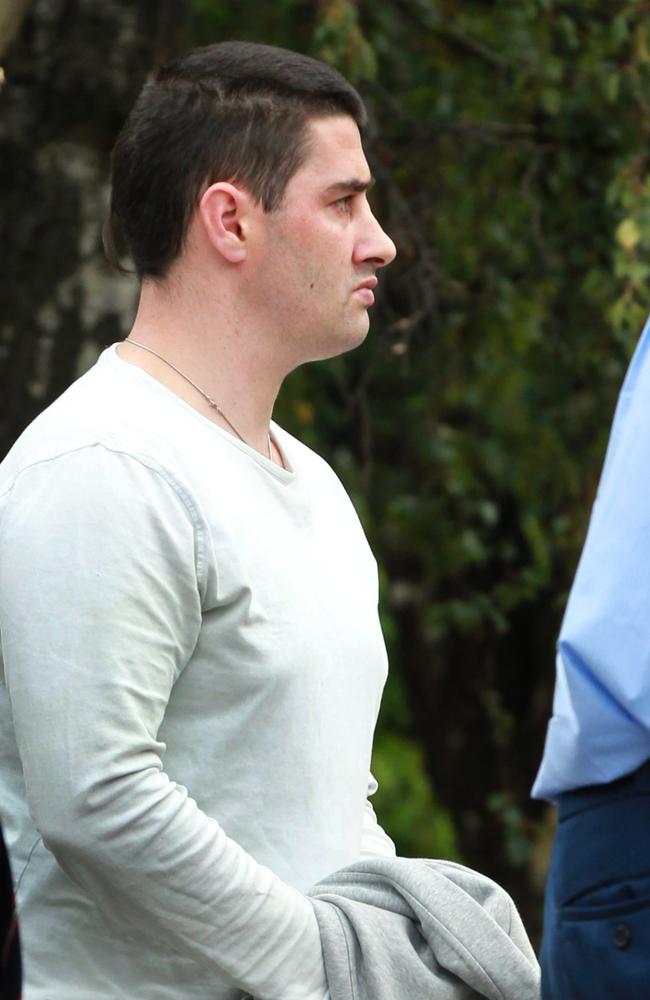
It was 2010 when Garry Thomas Petersen murdered a stranger in a Hobart street by stabbing a knife through his heart.
In 2021, after 11 years in prison, Petersen was released on parole after having served his non-parole period for the random killing of 25-year-old Jason Wallace.
In deciding to release him, the Parole Board of Tasmania said Peterson had taken steps to address his behaviour, taking part in therapeutic programs to address his substance abuse and criminal conduct, and developing insight into his behaviour.
David John Wright
Committed murder in 2004
Paroled in March 2021
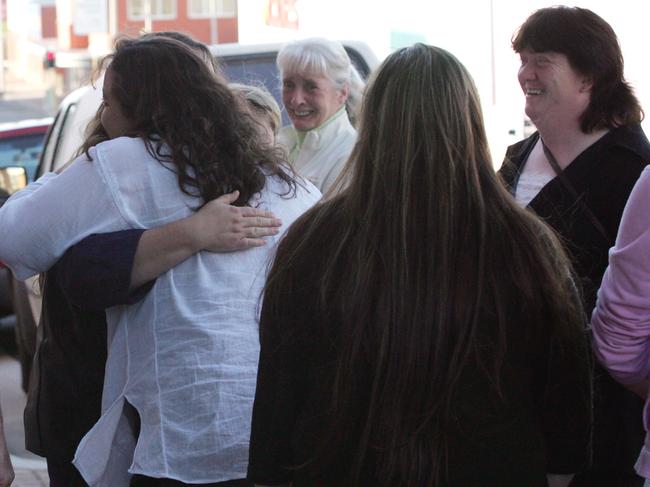
Zeehan man David John Wright was 35 years old when fatally stabbed a man after a bar room brawl.
Nigel David Bigwood died after being stabbed three times to the thigh and once to the chest, with Wright plunging a knife about 180mm deep, through the left lung and to the connecting artery with the heart.
Wright was jailed for 18 years for murder, with a non-parole period of nine years, and had previously failed four attempts at parole before being released last year.
Robert John Bearman
Committed murder in 2001
Paroled in August 2021
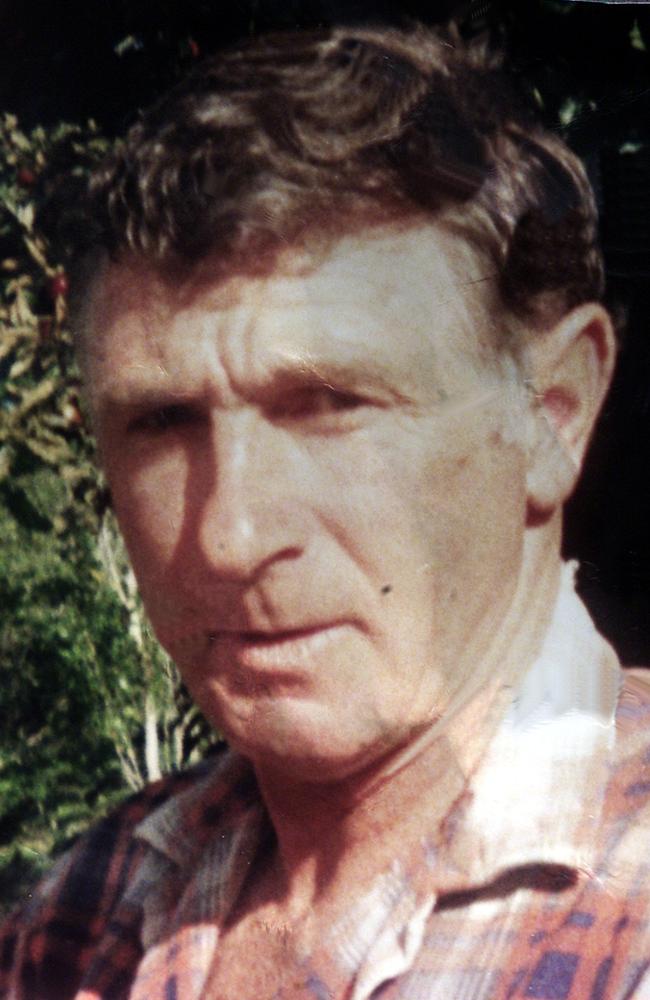
An obsessed man murdered his ex-wife’s new lover by marching him to a grave he’d dug at Seven Mile Beach, shooting him to the head, execution-style.
In July 2001, ended the life of his love rival Wayne Schultz by forcing him to drive to a pine forest to a site he’d already prepared, then shooting him with a sawn-off .22 rifle.
Mr Schultz was likely on his knees at the time.
Bearman, then 55, was jailed for 25 years, with a non-parole period of half that time, after he was found guilty by a Supreme Court of Tasmania jury.
John Frederick Duggan and Brendan James Gray
Committed murder in 2005
Paroled in August and September 2021
Elderly pensioner Athol Tollard was murdered at his Rokeby home in an act of “extraordinary cruelty” at the hands of three men.
In 2005, the men burst into the 79-year-old’s home to rob him at gunpoint, brutally killing him in the process and burning down his house in an attempt to cover their tracks.
Brendan James Gray, Christopher John Watt and John Frederick Duggan were each ultimately given 32-year jail terms, with 17-year non-parole periods.
In August last year, Gray was released from Risdon Prison on parole, with Duggan released the following month.
It is unclear if Watt has yet applied for parole, and when he will be released.
Underage axe murderer
Committed murder in 1990
Paroled in September 2021
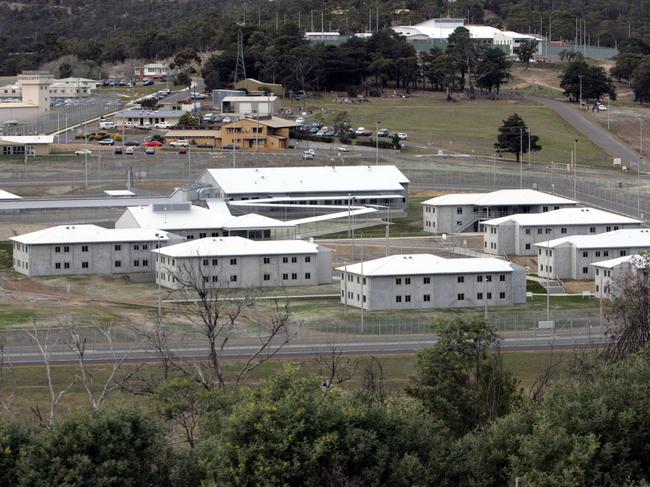
In one of Hobart’s most disturbing murder cases, a 17-year-old boy slaughtered a 16-year-old girl with an axe.
The killer, who cannot legally be named as he was underage at the time of the murder in 1990, struck the girl at least six times, with her body found two days later on a small farm plot near Moonah.
It wasn’t the first time he’d attacked a young girl.
In 1989, he stabbed a 15-year-old girl as she walked along the East Derwent Highway.
A month later, he attacked a 12-year-old girl in a Bridgewater park, stabbing her with the same knife 23 times and hitting her on the head with a rock.
Fortunately both of those girls, both strangers to him, survived their attacks.
Ivan John Jones
Committed murder in 2000
Paroled in December 2021
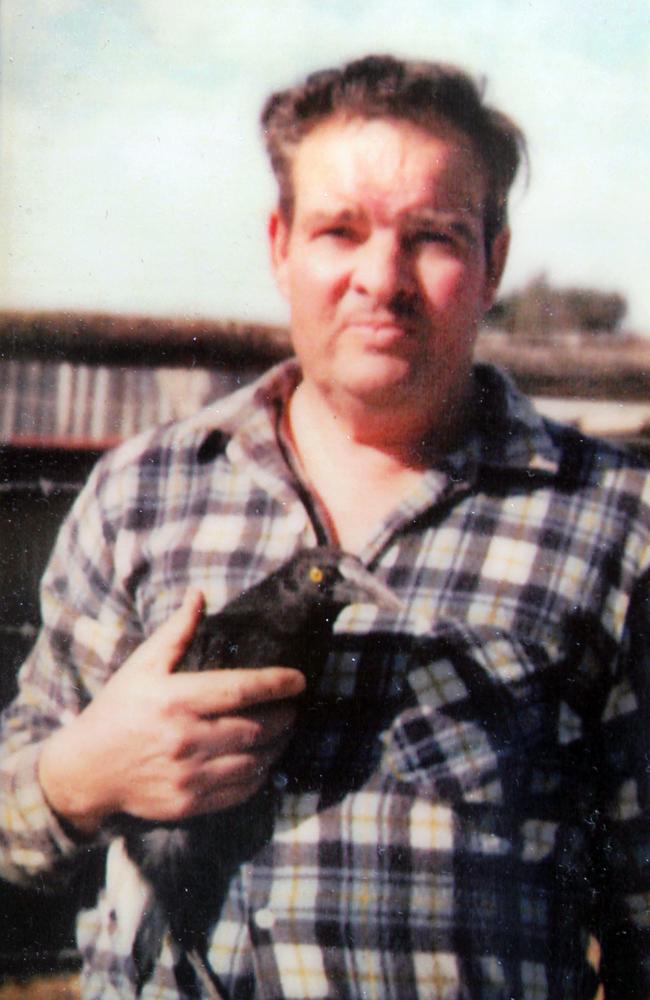
Axe murderer Ivan John Jones was 19 years old when committed a brutal attack upon an elderly man during a bungled robbery at Lefroy.
Leaving his victim to die in his backyard, he fled the scene with just $80.
Jones has now been released from Risdon Prison on parole five times over the past two decades, often breaching his conditions by using drugs.

North Melbourne cuts its Tasmanian commitment
The Kangaroos have slashed their four-game commitment to Tassie in half as two of their Hobart AFL games hop away to the West. Here’s what will happen in 2025.
Spirit availability a ‘nightmare’ for Hobart fisherman
Businesses having invested big to capitalise on new Spirit capacity promised for this summer are suffering a ‘nightmare’ situation, Labor says. Here’s how it’s impacting one business.